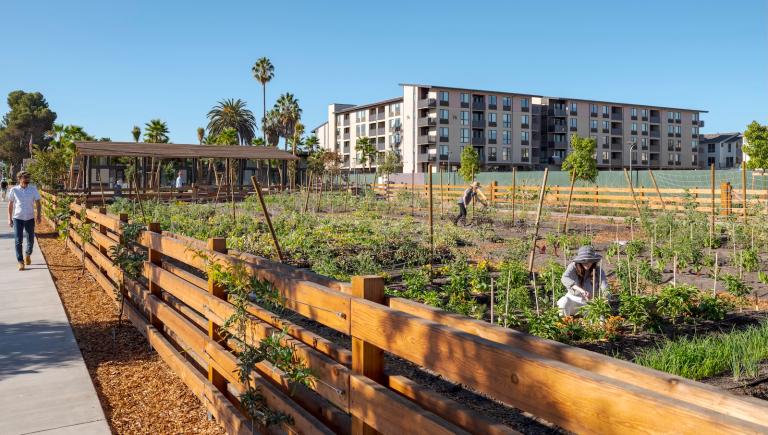 Ten minutes of biking a day and you too can look like this.Decobike.comSpend enough time watching the Senate dither on the climate threat/energy quest/defining challenge of our time and it’s easy to lose sight of the sanity and localized progress happening around the world. A few quick examples:
Ten minutes of biking a day and you too can look like this.Decobike.comSpend enough time watching the Senate dither on the climate threat/energy quest/defining challenge of our time and it’s easy to lose sight of the sanity and localized progress happening around the world. A few quick examples:
Miami Beach added a bike-sharing program to let residents and tourists get around without burning the oil that’s creeping toward the city’s shores. The idea is that people can leave their car at home, take mass transit into the city, and pick up a bike at a station when they need to zip around. The private DecoBike program puts the city in the company of bike-sharing cities Denver, Minneapolis, Paris, Montreal, and Mexico City, to be accompanied soon by Boston.
DecoBike’s video has lots of important information fit Miami types rolling their well-tanned bodies around the city:
St Louis’s aldermen unanimously passed Complete Streets legislation, requiring that future road projects be designed for a full range of users — walkers, cyclists, buses, wheelchair users, children — and not just autos. When I talked to sustainable urbanism experts for a story on weaning cities and towns off oil, they mentioned a Complete Streets plan as one of the best first steps, especially during the construction downturn. St. Louis County voters this spring voted to raise their sales tax to defend their transit system; it’s an area that’s shown some commitment to kicking auto-dependency.
The U.S. Conference of Mayors backed a “green” construction code at its annual convention in Oklahoma City this week. The plan, put forth by several building industry groups, would create benchmarks for energy, water, air quality, and safety. Greenwire has more. It’s not exactly mind-blowing news, and the details will determine what the code’s really worth. But it’s yet more evidence that local leaders are light-years ahead of Senators on this stuff. Maybe more mayors should run for higher office.




